The Cunniferous Clown of Canterbury: The Church of England Confirms Its Death-Wish by Nominating a Female Leader
I prayed, I begged, I wept: “Don’t let them do it, God! Don’t let them put a woman in charge of this great British institution, so respected, so influential, so important in the lives of so many millions for so many years! Deflect the desecration! Avert the abomination! Please, God, please!” My prayers were in vain, of course. Deep down, I had always known they would be and I had tried to prepare myself, to harden my heart against the inevitable.
Core component of Clown World
I thought I had succeeded. But it still hurt badly, I still cried out in anguish when I heard the news: a woman had been officially confirmed as the next Doctor Who. And what about the Church of England and the news that a woman, Dame Sarah Mullally, will be the next Archbishop of Canterbury? Well, that didn’t upset me in the least.[1] It was like hearing that a clown with a big red nose was going to be be replaced by a clown with a slightly bigger red nose. The Church of England is a core component of Clown World’s YooKay franchise, so its head has to be a clown. Sarah Mullally, the current Bishop of London, is not the first clown to be Arch-Invertebrate of Contemptible and very likely won’t be the last. She is, however, the clearest signal yet that the Church of England is resolutely determined to commit suicide and hand England over to Islam.
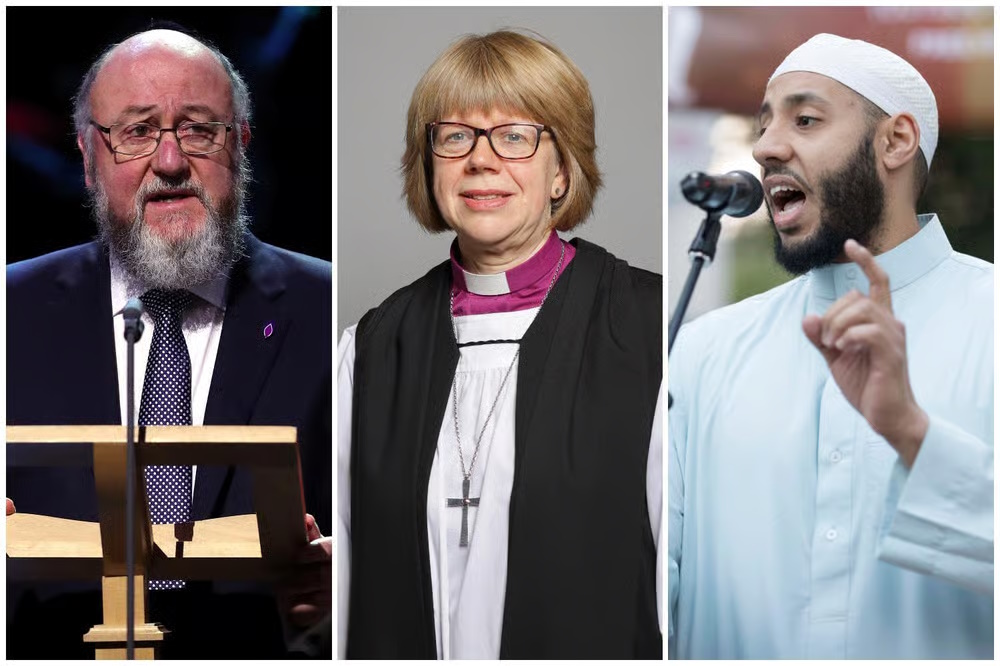 Real rabbi, bogus bishop, indisputable imam: Ephraim Mirvis, Sarah Mullally and Mohammed Mahmoud of the East London Mosque (image from London Evening Standard)
Real rabbi, bogus bishop, indisputable imam: Ephraim Mirvis, Sarah Mullally and Mohammed Mahmoud of the East London Mosque (image from London Evening Standard)
This is because she’s not merely a clown: she’s a cunniferous clown. That adjective is my Latinate neologism for what English might call “quim-carrying.” In short, the next Archbishop of Canterbury will be a woman. And womanhood is a wonderful thing, indeed a worshipful thing, a central and essential part of divine creation. That’s on a Christian understanding of the world. But the Christian understanding must also recognize that womanhood is a complementary thing, both inside and outside the church. Some essential roles are fitted only for women and some only for men. One role utterly unfitted for women is that of bishop. When the Church of England announced that it was to have a cunniferous Clown of Canterbury, it was the loudest blast yet on the horn of a ship steaming straight for a very big and very solid iceberg.
Oxymoronic abominations
But the blast wasn’t needed in 2025. The suicidal course of the Church was made clear in 1992, when its governing body voted to allow women to become priests. “Female priest” has the same ring as “nation of immigrants.” Both phrases are oxymorons, complete contradictions in terms, things devised by enemies of an institution and accepted only by the foolish, self-hating or suicidal within that institution. But I don’t need to quote scripture or deploy theology to prove that female priests are an abomination and will be deadly for any church that accepts them. I merely need to ask whether the Guardian approves of them. And does the atheistic, anti-Christian, anti-Western, anti-White Guardian approve of female priests? Of course it does. The Guardian celebrated the abomination of female priests back in 1992 and is celebrating the arch-abomination of Sarah Mullally in 2025:
Decades of secularisation and declining congregations mean that modern Anglican leaders no longer command the kind of influence once enjoyed by a William Temple, or a Geoffrey Fisher. More recently, the abuse scandals that led to the resignation of Justin Welby last year have also gravely diminished the authority of the established church.
Yet at a time of polarisation and disturbing social division, the Church of England still has a vital role to play. As the far right co-opts the symbols of Christianity to promote hostility and intimidation towards perceived outsiders and minorities, Britain’s faith movements have a duty to be standard-bearers for an ethos of tolerance, generosity and inclusion. In that context, the historic nomination of Dame Sarah Mullally as the first female archbishop of Canterbury should be seen as a landmark moment. (“The Guardian view on the first female archbishop of Canterbury: a choice that offers renewal and hope,” The Guardian, 5th October 2025)
How sincere is the Guardian when it smarms that “Britain’s faith movements have a duty to be standard-bearers for an ethos of tolerance, generosity and inclusion”? Not at all sincere, as I’ll show below. And how right is the Guardian to call Mullally’s appointment a “landmark moment”? Well, there’s a much better way of putting it. George Owers noted in the Critic that Mullally’s appointment is really a lanyard moment. Lanyards are the cords that hold an identity badge for a bureaucrat or someone attending a conference. And “lanyard class” has become a shorthand in the YooKay for politically correct authoritarians, for bureaucrats and officials who feel entitled to monitor and control the rest of us out of the pureness of their perfected hearts. As Owers says of Mullally: “She is the pure distilled essence of the hectoring lanyard class, a bureaucrat, a proceduralist and a progressive down to her fingertips. Her entire professional career was spent in the NHS [National Health Service], latterly as Chief Nursing Officer and ‘Director of Patient Experience’; she is on the record as being ‘pro-choice’, pro-gay marriage, on board with the usual check-box list of LGBTQIA+ orthodoxy.”
All that makes her perfect to head the suicidal C of E. As I’ve said before, the central principle of the modern Church of England is not Godliness but Guardianism. And here’s more mulling on Mullally in the Guardian by another cunniferous clown, the Rev Marine Oborne, “chair of Women and the Church (Watch) and vicar of St Michael’s church in Chiswick, London”:
People all over the country will have rejoiced on Friday at the news of the first ever female archbishop of Canterbury. After literally centuries of women seeking to serve as leaders in the church, a woman will now hold the most senior position in the Church of England. And the news was welcomed not simply because Sarah Mullally is a woman, but because she is a wise, intelligent, courageous and compassionate leader.
Of course, some people are unhappy – either because of her sex or because of her support for the blessings of same-sex relationships. […] Recently, I was in a Church of England school teaching a sixth-form class and one young woman said that a boy she knew had told her that the Bible says women need to be under the authority of men. I would have liked to have been able to tell her that this is not what the Church of England believes, full stop. But I could not – as churches are allowed to teach this. In a world with so many problems, so much hatred, misogyny and racism, it would be good for the Church of England to have an authentic voice at its top that calls out the systems of male privilege that drive violence and abuse against women and addresses the institutional misogyny that is currently being ignored. Hopefully, the appointment of our first female archbishop of Canterbury will be a big step towards this. (“The next archbishop of Canterbury has no time to waste in making change – this is what she will be up against,” The Guardian, 5th October 2025)
Providentially, a perfect opportunity soon arrived for “courageous” Sarah Mullally to be “an authentic voice” calling out a “system of male privilege” built firmly on “institutional misogyny.” It was also a perfect opportunity for the Guardian to rebuke a “faith movement” that was failing in its “duty to be a standard-bearer for an ethos of tolerance, generosity and inclusion.” Indeed, the faith movement was not merely failing in its duty: it was acting as an unabashed standard-bearer for intolerance, cruelty and exclusion. Here are the dismaying details reported in the Guardian itself:
The communities secretary has said it was “absolutely unacceptable” for women to be excluded from taking part in a Muslim charity run in London. The event on Sunday, in Victoria Park, Tower Hamlets, was advertised on the Muslim Charity Run website as an “inclusive 5km race” for “runners and supporters of all ages and abilities” – open to “men, boys of all ages and girls under 12”.
Speaking on LBC [London Broadcasting Company] radio, the communities secretary, Steve Reed, said he was “appalled” and that the Equality and Human Rights Commission (EHRC) would determine whether any laws or regulations had been breached. He added: “I saw these reports … and I was as horrified as anybody else. It’s absolutely unacceptable that women should be blocked from going on a fun run in a public space when the men are allowed to go out there and do that.
“Now, we have an equalities watchdog, I’m sure that they will be aware of this case. It’s getting a lot of publicity, and quite rightly so, and they will determine whether there has been any breach of the law or regulations and then I’m sure sanctions will follow as appropriate. But speaking for myself, I was appalled.”
He added: “We do not want a situation in this country where men are allowed to do things that women are then barred from. We cannot tolerate that.” (“Minister ‘appalled’ at Muslim charity run in London that excluded women,” The Guardian, 14th October 2025)
The leftist minister was posturing, of course. And also evading the obvious fact that one large and growing group in Britain isn’t at all “horrified” or “appalled” by such exclusion of women. The group is officially favored by every organ of the British state and given every assistance to grow in size, power and influence. Who is it? It’s those misogynist meanies called Muslims. But at least the minister made some public criticism of the “charity run.” What about “courageous” Sarah Mullally and the fiercely feminist Guardian? Did they seize the opportunity to defend women, to apply their passionately beloved values of inclusion and tolerance? Did Sarah Mullally and the Guardian speak out in condemnation of the blatant misogyny and exclusion of that charity run?
No real paradox
You will need no guesses. Their response equalled the square root of Bernie Madoff’s integrity times the fifth power of Benji Netanyahu’s conscience. In other words, they said absolutely nothing in condemnation of the charity run. That’s how courageous Sarah Mullally is and that’s how sincere the Guardian is. Now, it might seem paradoxical that progressive leftists like Mullally and the Guardian will never criticize the utterly anti-progressive “faith movement” of Islam, which genuinely oppresses women, homosexuals and other groups ostensibly held sacred by leftists. But there’s no real paradox. The underlying purpose of leftism is not to help those it claims to cherish, like non-Whites and women, but to harm those it certainly hates, like White men and White Christians. Muslims are by definition not Christian and are overwhelmingly not White, so they’re a sacred group for leftists like Mullally.
That’s why the Church of England has said nothing as, decade after decade, Muslim rape-gangs have preyed on White girls all over England. White English Christians belonging to the official Church once went on crusade to rescue the Holy Land from the infidel adherents of Muhammad. Nowadays, White English Christians belonging to the official Church rejoice in an immivasion of Muslims, something that has started with raped, tortured and murdered White girls and will end in England becoming a Muslim country. But only if the Muslimmivasion isn’t reversed, that is. It will be reversed, but the Church of England will be a hindrance rather than a help in that. When the Church accepted female priests, it ceased to be Christian and started to be Satanic. But it had ceased to be a serious institution long before that. The great White writer Evelyn Waugh was born Anglican in 1903 but became Catholic in 1930. He thought he had found the True and Permanent Church, which is why he mocked the C of E through an Anglican vicar called the Reverend Tendril, who had long ago served in India and done nothing to update his sermons after he returned to England:
The vicar preached his usual Christmas sermon. It was one to which his parishioners were greatly attached. “How difficult it is for us,” he began, blandly surveying his congregation, who coughed into their mufflers and chafed their chilblains under their woollen gloves, “to realize that this is indeed Christmas. Instead of the glowing log fire and windows tight shuttered against the drifting snow, we have only the harsh glare of an alien sun; instead of the happy circle of loved faces, of home and family, we have the uncomprehending stares of the subjugated, though no doubt grateful, heathen. Instead of the placid ox and ass of Bethlehem,” said the vicar, slightly losing the thread of his comparisons, “we have for companions the ravening tiger and the exotic camel, the furtive jackal and the ponderous elephant…” And so on, through the pages of faded manuscript. (A Handful of Dust, 1934, Chapter II)
The Church of England was risible in Waugh’s day, but not actively and obnoxiously evil. Like all other official institutions in England, it started to become evil after the Second World War. By the end of the century, it was collaborating enthusiastically – or endiabolistically – with Islam and the Muslimmivasion, as the late great Jewish satirist Peter Simple regularly observed in the Daily Telegraph. And Simple foresaw the advent of Sarah Mullally a quarter-century ago:
WHO will be the first woman bishop of the Church of England? Odds-on favourite in clerical circles (writes “OLD BEADLE”) is the Rev Mantissa Shout, live-in partner of Dr E W T (“Ed”) Spacely-Trellis, go-ahead Bishop of Stretchford, trustee of Tate Modern and chairman of Football Managers for a Multi-Faith Millennium and dozens of other enlightened bodies.
Mantissa first came to notice as a militant feminist deaconess. She fought hard for the ordination of women by non-stop screaming outside Lambeth Palace and staged disruption of church services all over the country.
After being ordained and shacking up with Dr Trellis, she became vicar of Nerdley, where her well-publicised ecumenical services included Aztec sacrifice, Voodoo “alternative WI trance sessions” and Tantric Buddhist ceremonies for the young. But her habit of wearing a smart black “Muslim-type” silk headscarf at services led to a protest by Dr Mahbub Iftikharullah, chief imam of Nerdley, and several days of rioting.
Her plan is evidently to become joint bishop with Dr Trellis and succeed him on his retirement or other method of disposal. Then, who knows? Canterbury already beckons. But it will beckon in vain if the Bishop’s domestic chaplain, the Rev Peter Nordwestdeutscher, has anything to do with it.
In his subtle, incense-ridden, High Church brain, visions of death by slow poisoning, worthy of the worst days of the medieval Papacy, wreathe and coil in intricate patterns of malevolence.[2] (The Daily Telegraph, Peter Simple Column, 23rd June 2000)
Sarah Mullally is Mantissa Shout come to life, an egregious embodiment of what happens when Christianity ceases to be theocentric and becomes thegocentric. That’s another of my neologisms, created to describe those who confuse Theos, God, with their own ego.[3] The thegocentric bring the Church not to Ho Theos, the God, but to another god. He’s called Thanatos, which is Greek for Death. Sarah Mullally is a priestess of Thanatos, not a priest of Theos. By making her Archbishop of Canterbury the Church of England has confirmed its death-wish.
[1] To be honest, I didn’t care about the female Doctor Who either, but I still think Doctor Who is worth more than the modern Church of England. Consequently, a female Doctor is a worse desecration than a female Arch-Invertebrate of Contemptible.
[2] Note that Peter Nordwestdeutscher is a parody of the progressive Jewish pseudo-Anglican Paul Oestreicher.
[3] If God doesn’t exist or doesn’t intervene directly in human affairs, then all theistic religions are really thegocentric. But some forms of thegocentrism will still be much worse than others.

 Christian Nationalism vs Global Jesus: Projects of peoplehood from Biblical Israel to the collapse of British patriotism
Christian Nationalism vs Global Jesus: Projects of peoplehood from Biblical Israel to the collapse of British patriotism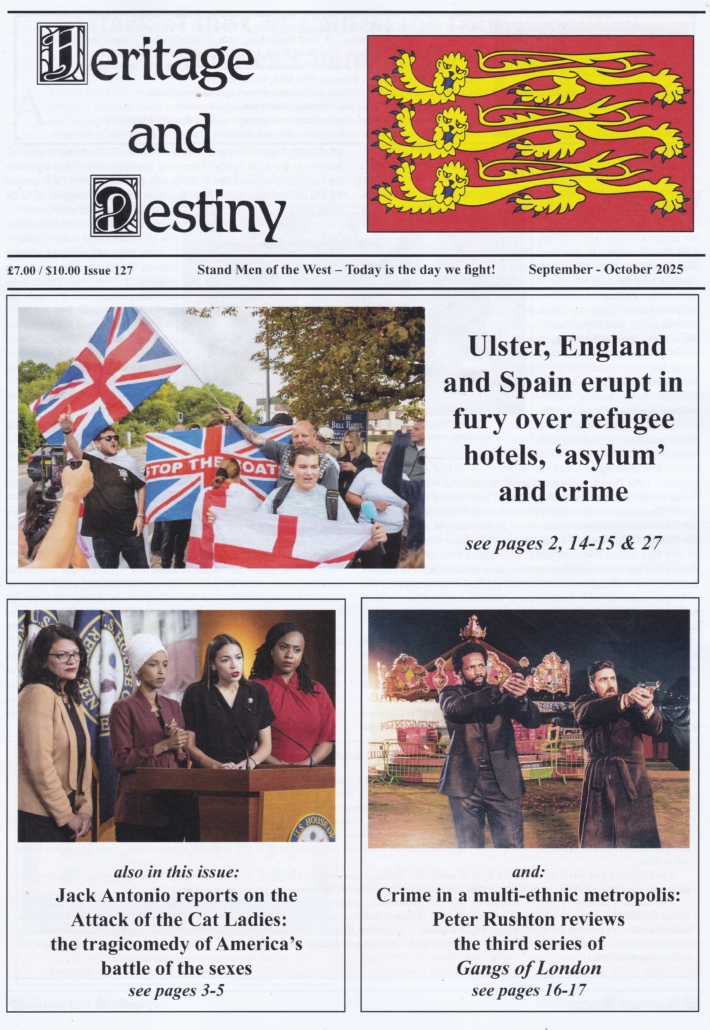
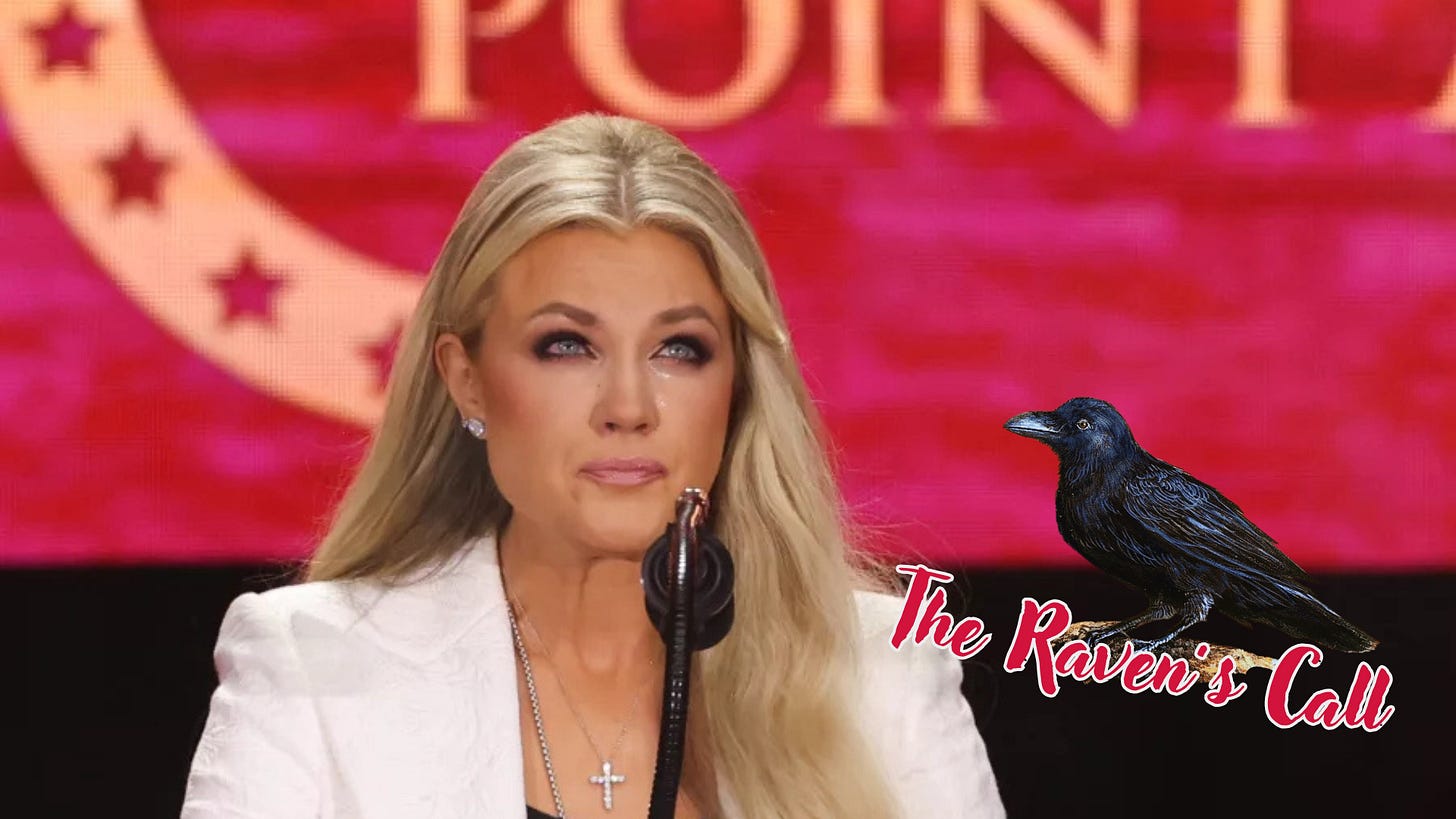
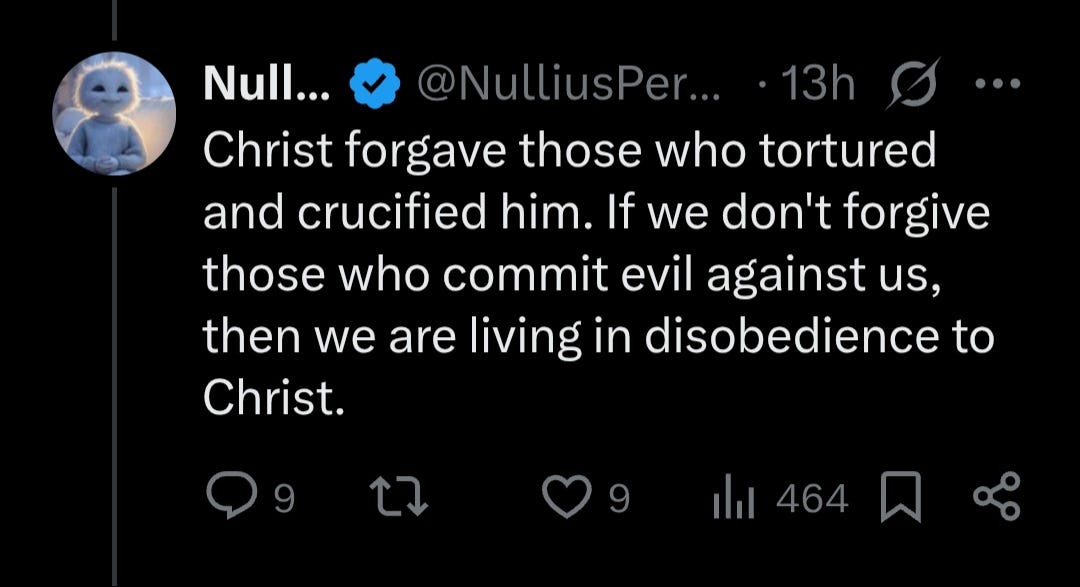
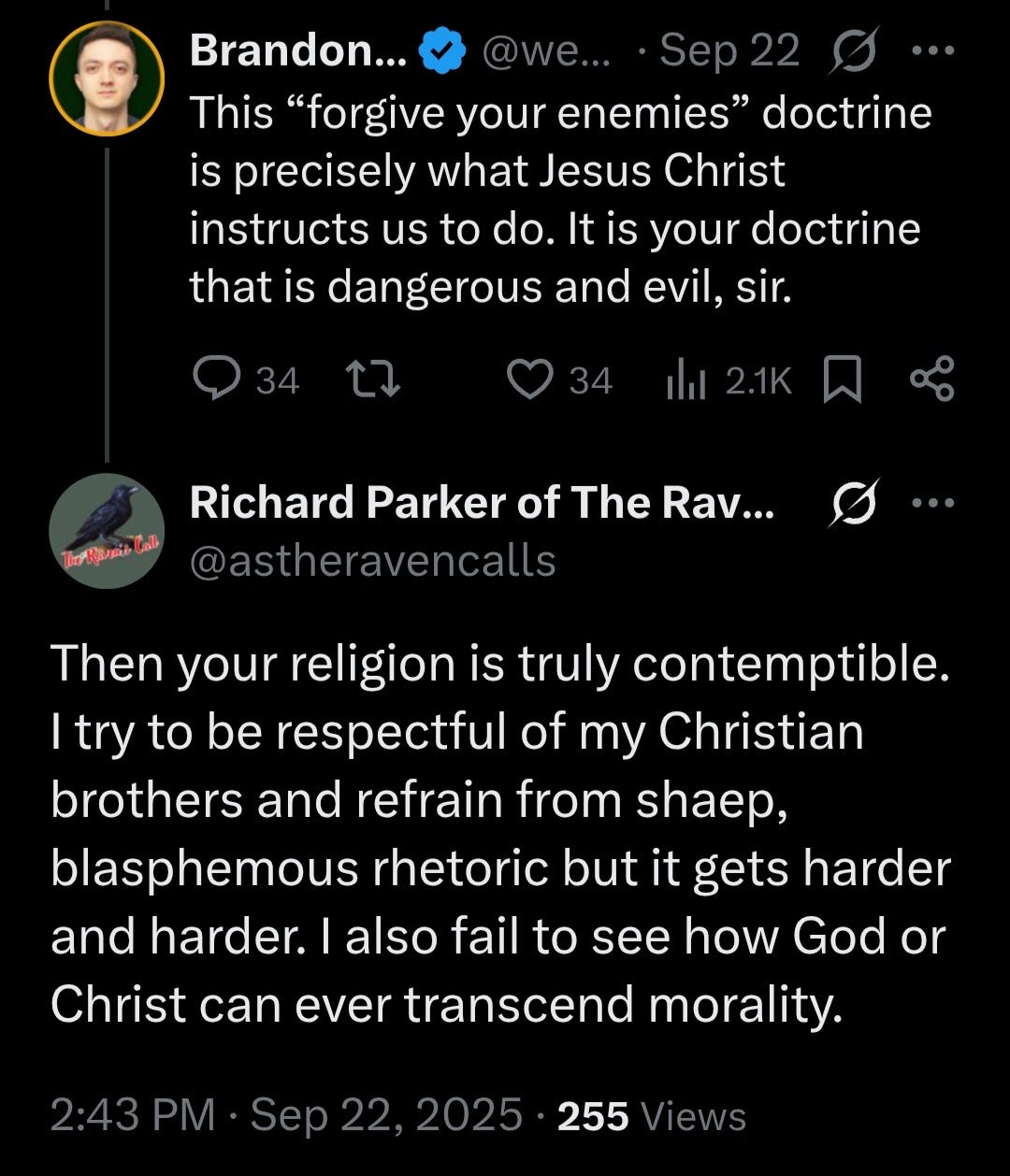
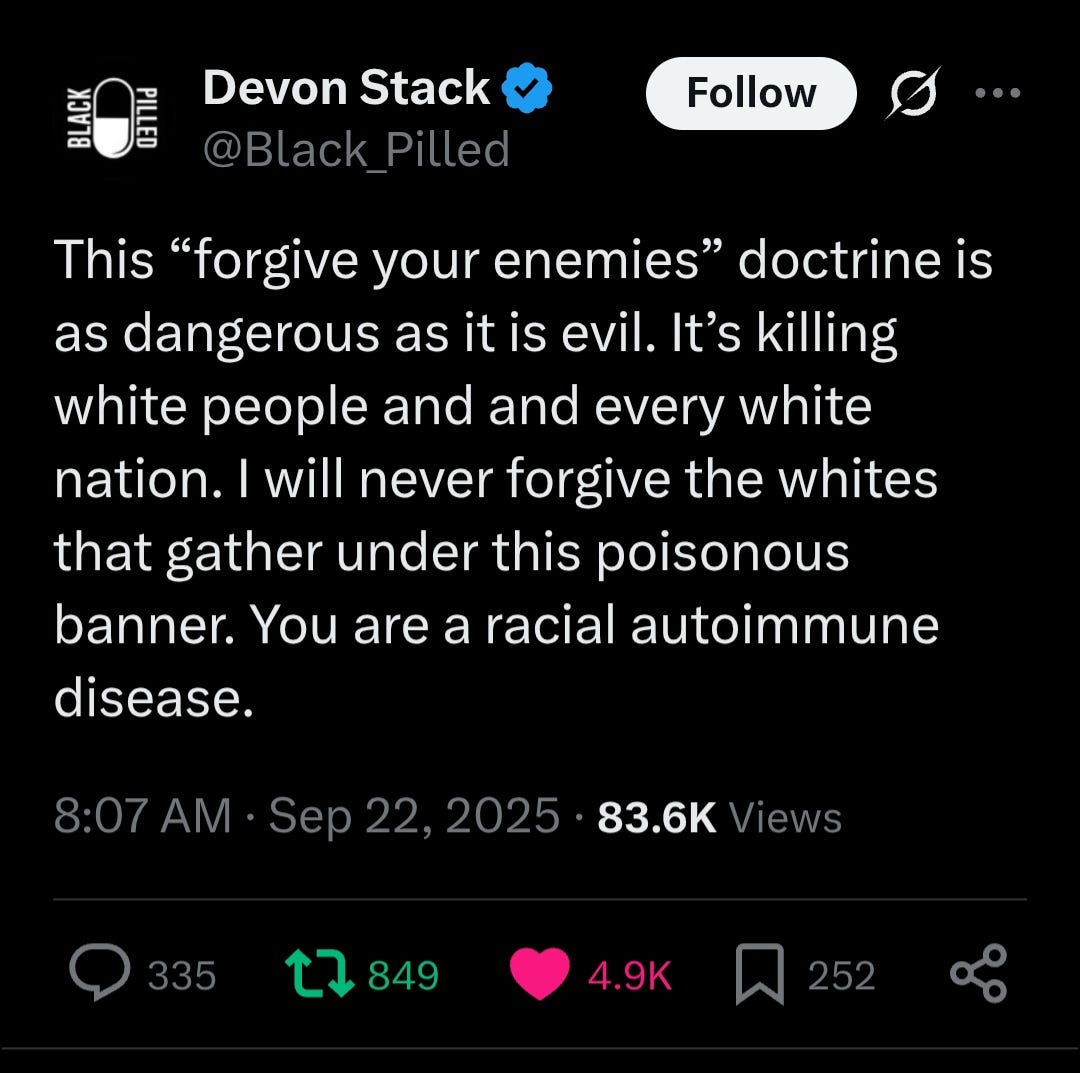
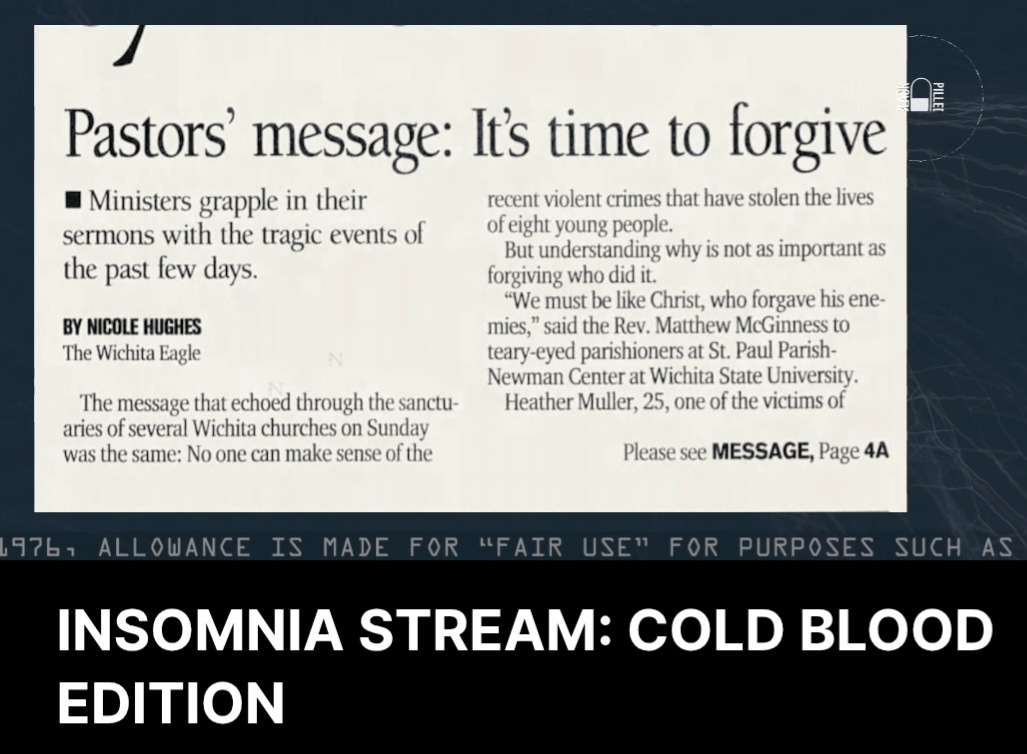
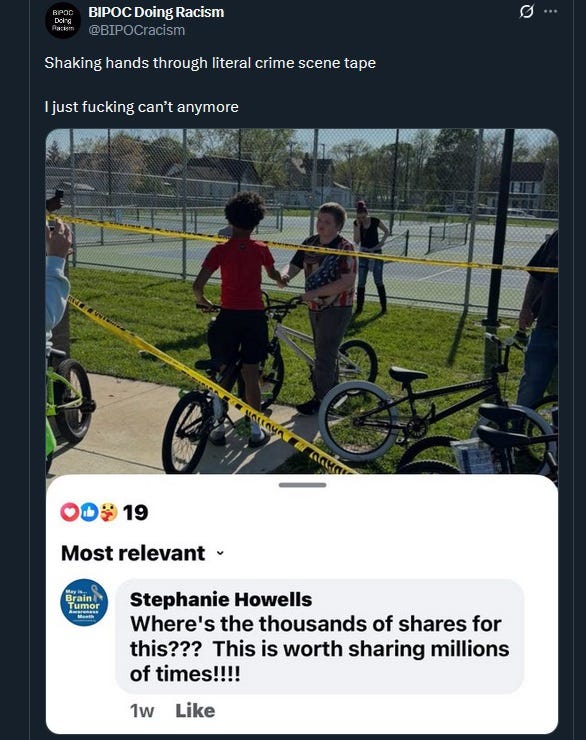



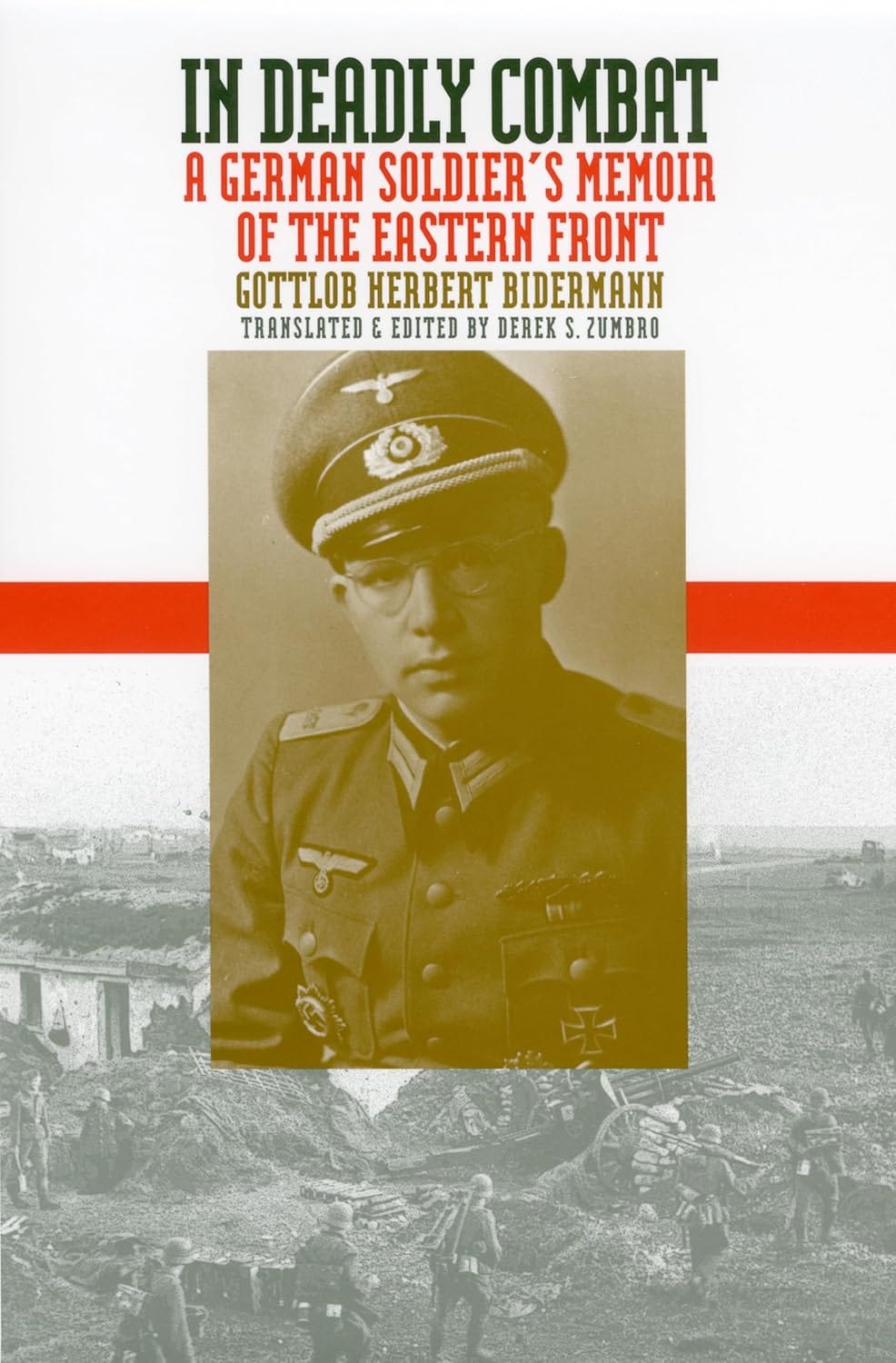
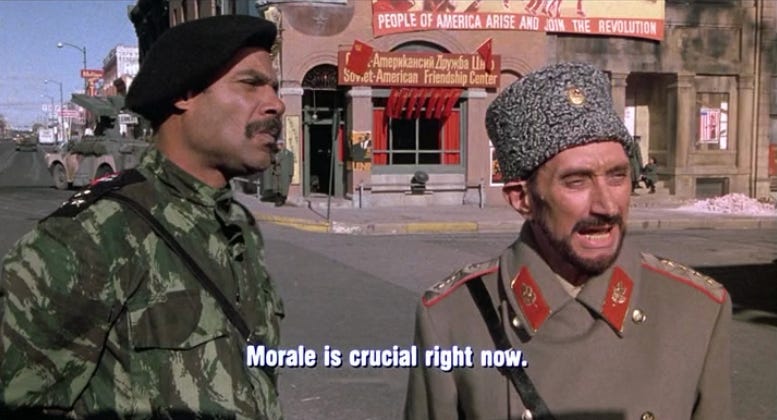
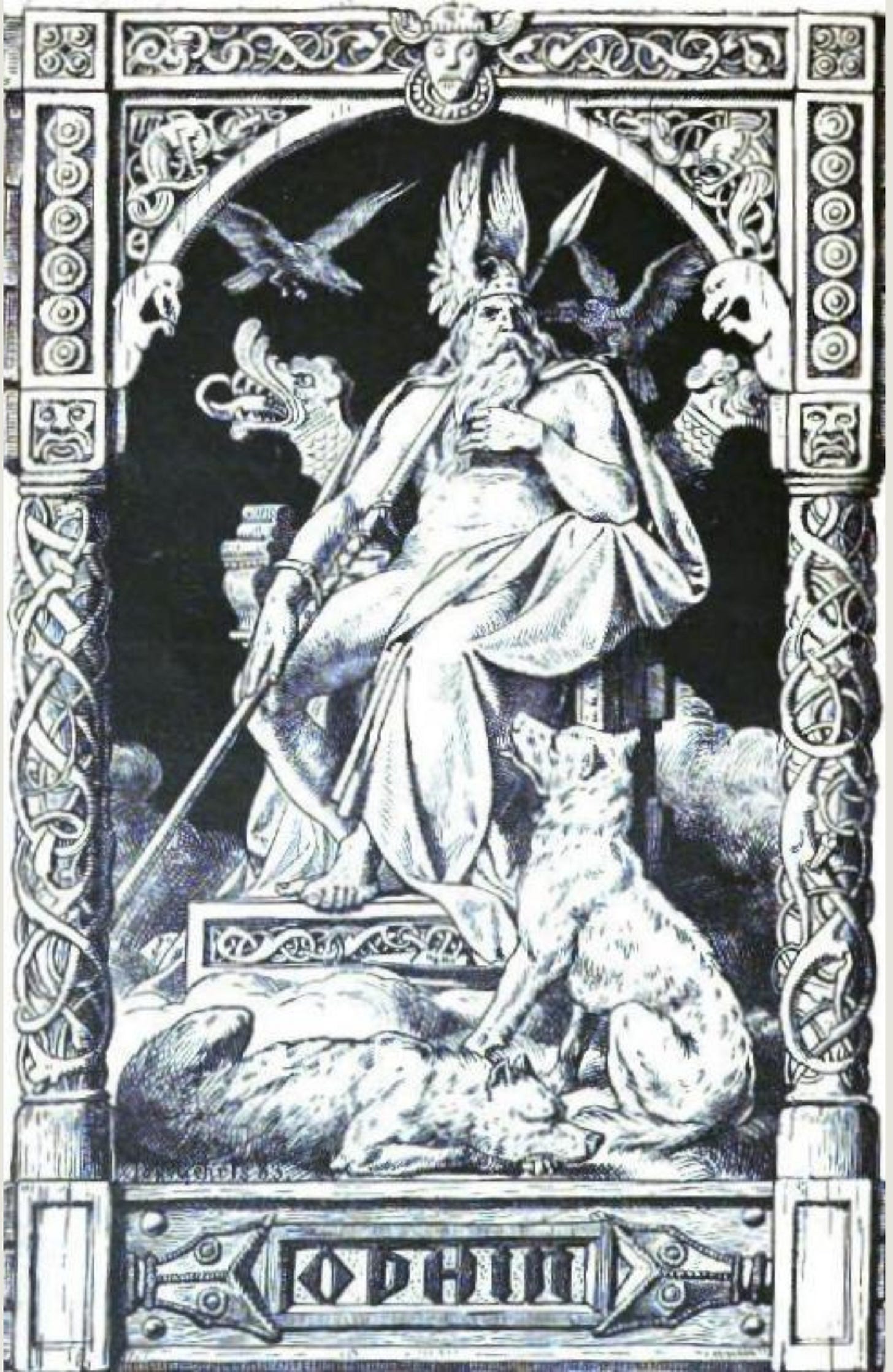



 In fact, in the months leading up to the conference, I found it impossible to receive permission (or even acknowledgement of my request) from Joel Webbon—
In fact, in the months leading up to the conference, I found it impossible to receive permission (or even acknowledgement of my request) from Joel Webbon—
 Neither Jesus nor Paul aimed to create a new religion. They sought instead to save the “lost sheep of Israel.” Like everyone else in Greco-Roman antiquity, they took it for granted that ethnicity and religion were synonymous categories. Paul, for example, became the “apostle to the pagans” because he believed that the descendants of the ten lost tribes who had been absorbed into the pagan world could have their “spiritual DNA” as Israelites reactivated “in Christ.” Contemporary biblical scholarship often describes Jesus and Paul as historical figures working “within Judaism” or “within Israeliteism.” In other words, their efforts to spark “
Neither Jesus nor Paul aimed to create a new religion. They sought instead to save the “lost sheep of Israel.” Like everyone else in Greco-Roman antiquity, they took it for granted that ethnicity and religion were synonymous categories. Paul, for example, became the “apostle to the pagans” because he believed that the descendants of the ten lost tribes who had been absorbed into the pagan world could have their “spiritual DNA” as Israelites reactivated “in Christ.” Contemporary biblical scholarship often describes Jesus and Paul as historical figures working “within Judaism” or “within Israeliteism.” In other words, their efforts to spark “



